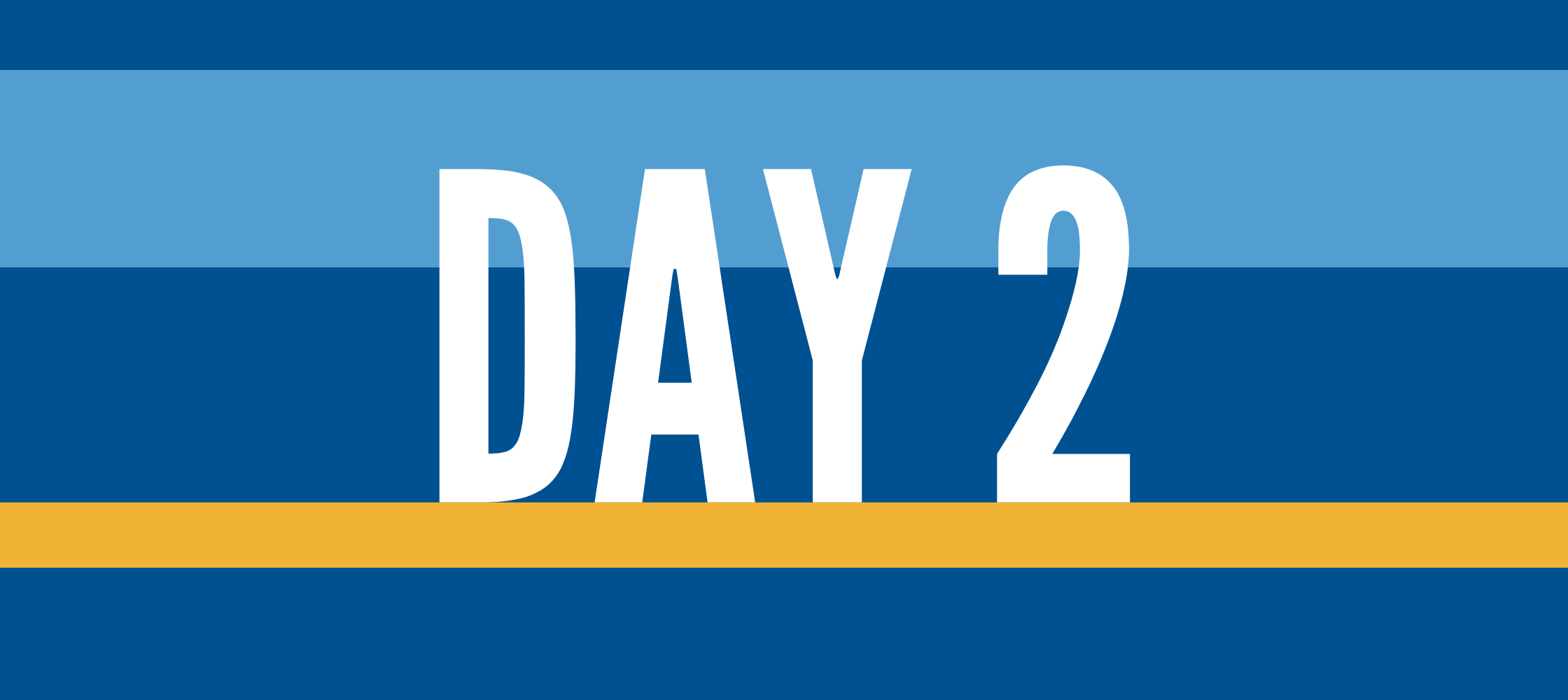
“Worse than being less than you, is if you are perceived as a threat”
John A. Powell, Othering & Belonging Institute, UC-Berkeley
We all have biases. Bias is a preference in favor of or against a person, group of people,
idea or thing that affects our understanding, actions and decisions. But often we’re not
aware of our biases. In fact, our brains are biologically designed to make sense of the
world by quickly using these preferences.
There are two types of bias: unconscious and explicit.
Unconscious (or implicit) bias refers to deep-seated prejudices we all absorb due to living
in deeply unequal societies. Unconscious bias can lead to instinctive assumptions, such
as “a nurse must be a woman” or “an engineer must be a man.” Or that an Asian woman
won’t make a good leader, or that a Black man will be an aggressive competitor.
Unconscious bias can exist even in people who genuinely believe they’re committed to
equality. It’s harder to spot and root out than obvious discrimination.
In contrast, explicit bias leads someone to deliberately and willfully discriminate against
others.
Research shows that years of structural and cultural constructs have deeply embedded
stereotypes into our culture, and consequently into our own subconscious. For example,
according to a recent study, companies are more than twice as likely to call minority
applicants for interviews if they submit resumes that lead an employer to assume the
candidate is White than when candidates revealed their race.
But research also shows that we can rewire these neural associations when we
intentionally acknowledge our biases. With effort, we can learn to change the way we think
and challenge the negative or harmful biases we hold.
Today’s Challenge
Read
- Understanding the difference between explicit and implicit bias. (4 minutes) https://nccc.georgetown.edu/bias/module-3/1.php
Watch
- Learn how implicit bias shapes our thinking. (9 minutes) https://www.youtube.com/watch?v=OoBvzI-YZf4
Listen
- WEMU Washtenaw United radio interview with Yodit Mesfin Johnson, United Way of Washtenaw County’s board chair, on the role implicit bias plays in our lives. She discusses how our biases impact equity and challenges some of her own biases. (13:22) https://www.wemu.org/wemu-news/2019-04-01/washtenaw-united-rooting-out-implicit-bias-and-working-for-equity
Engage
- Take Project Implicit’s Hidden Bias tests, created by psychologists at top universities. You may be surprised when you uncover some of your own unconscious biases. (Registration required). https://implicit.harvard.edu/implicit/
